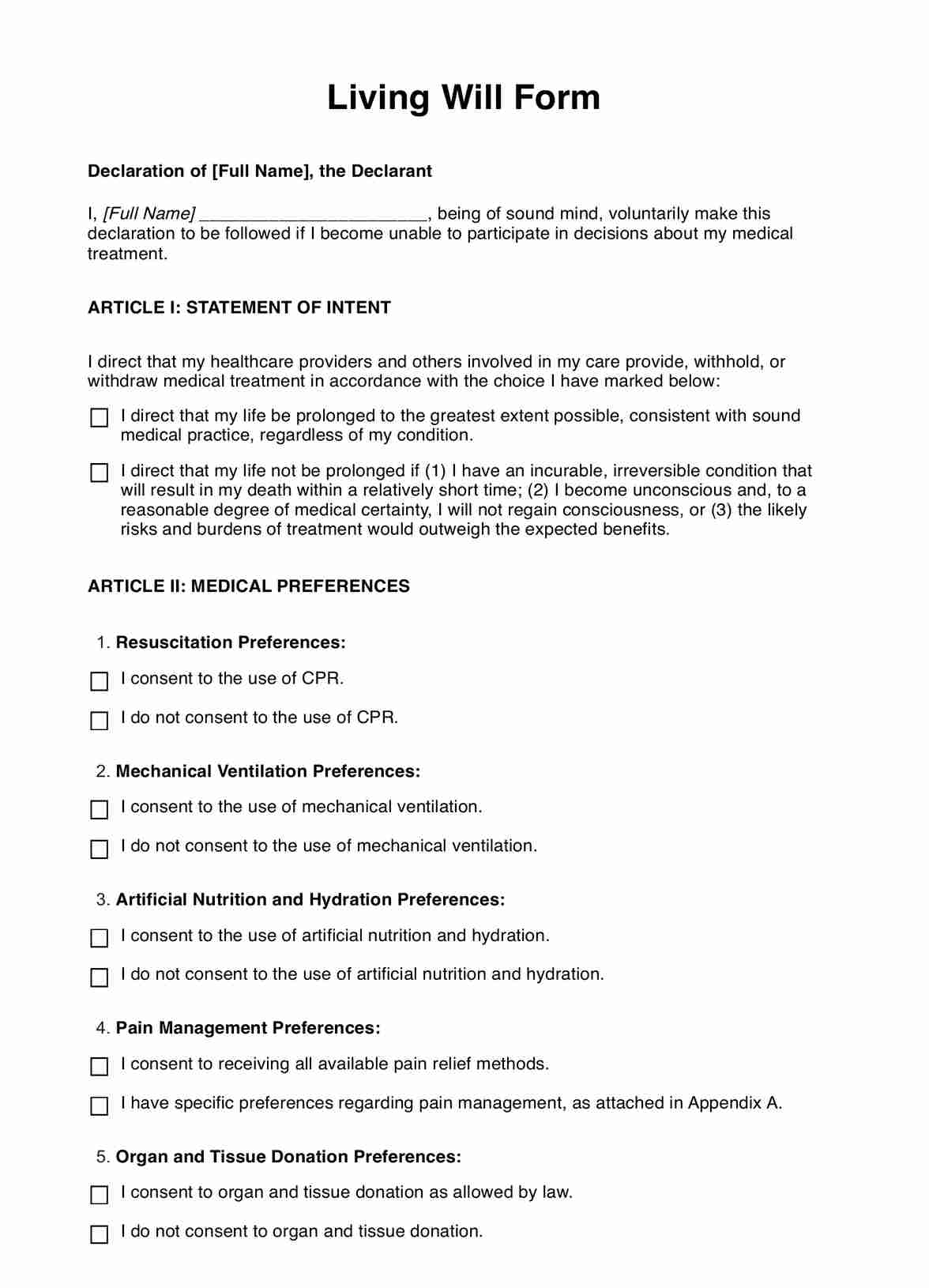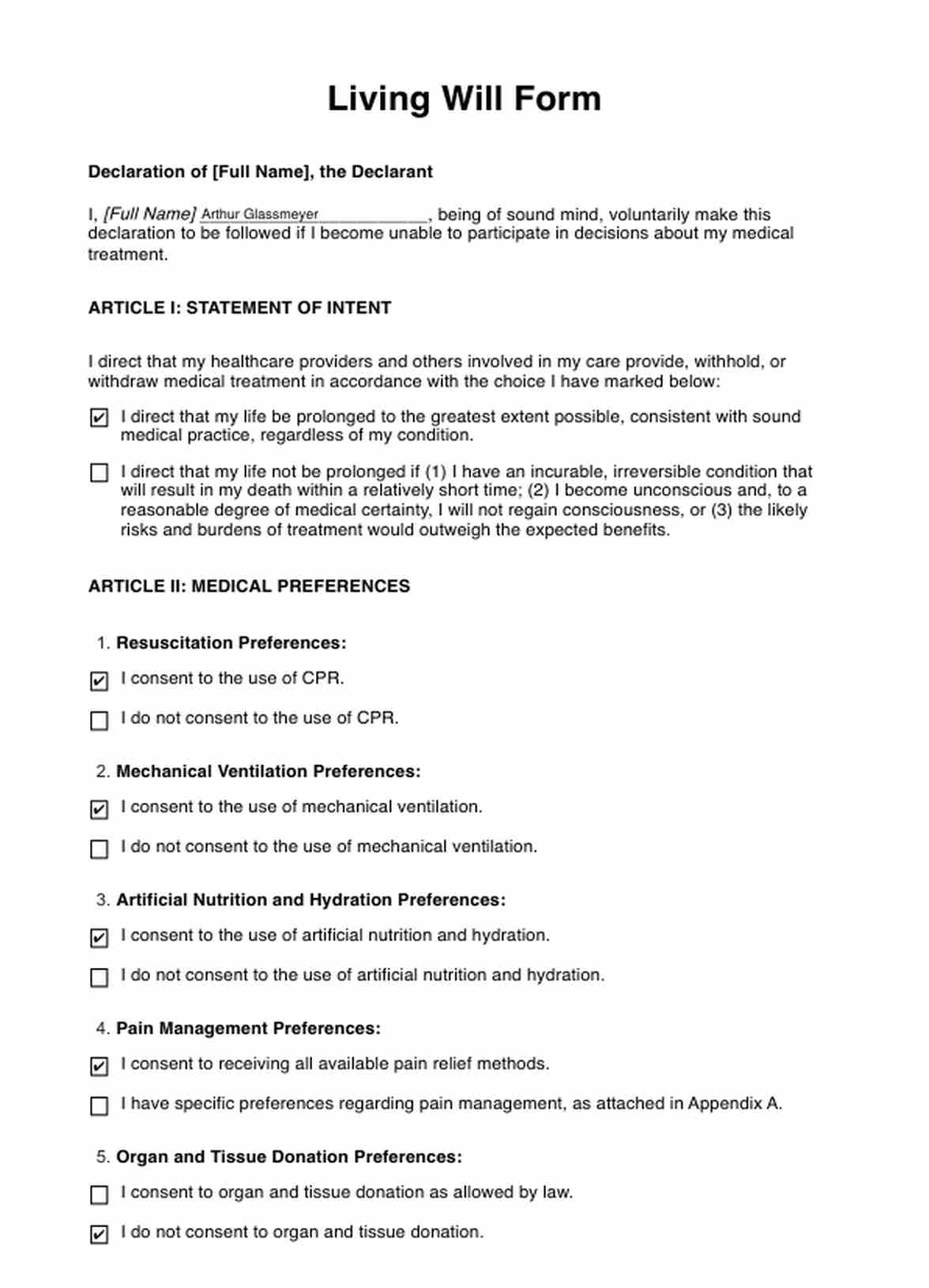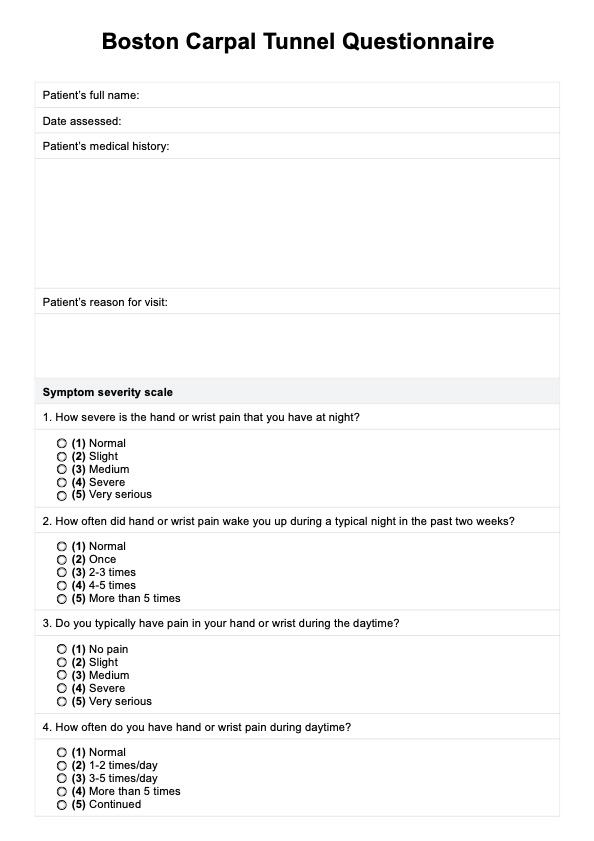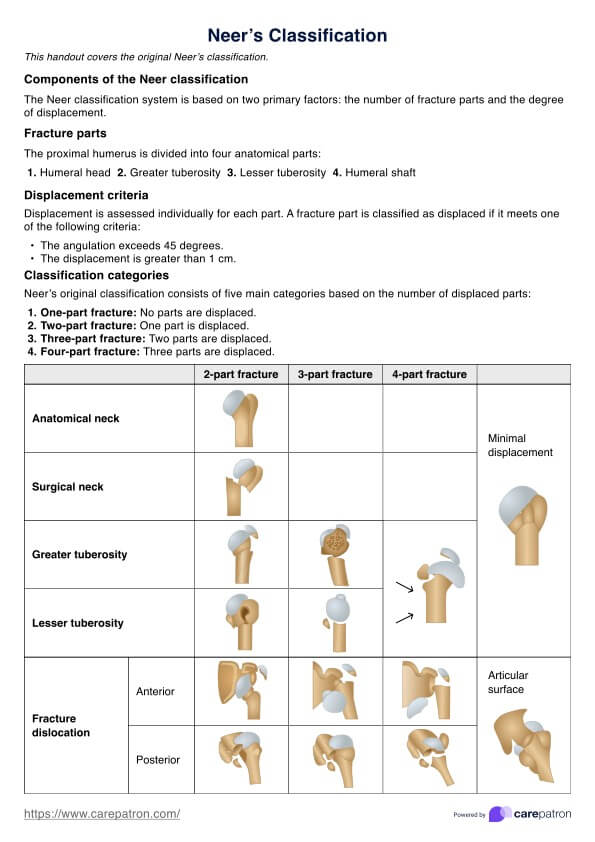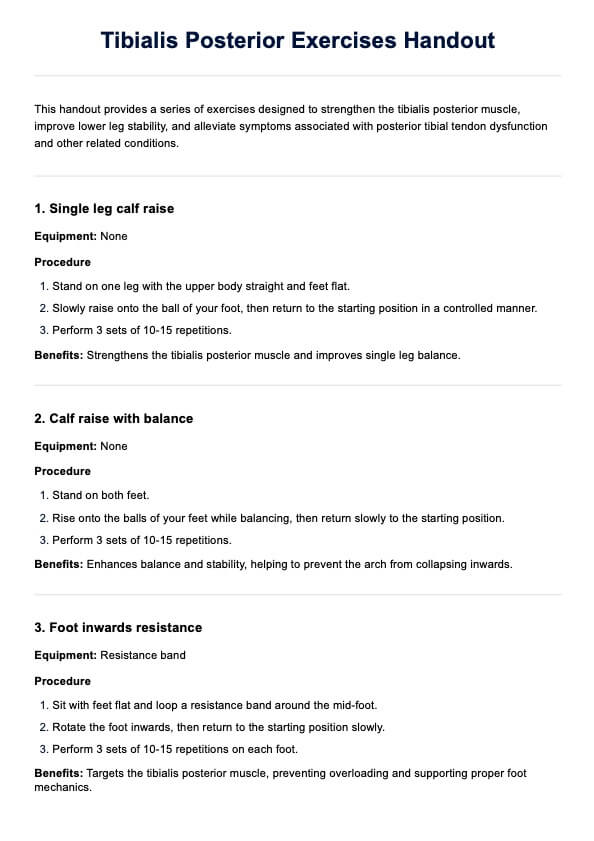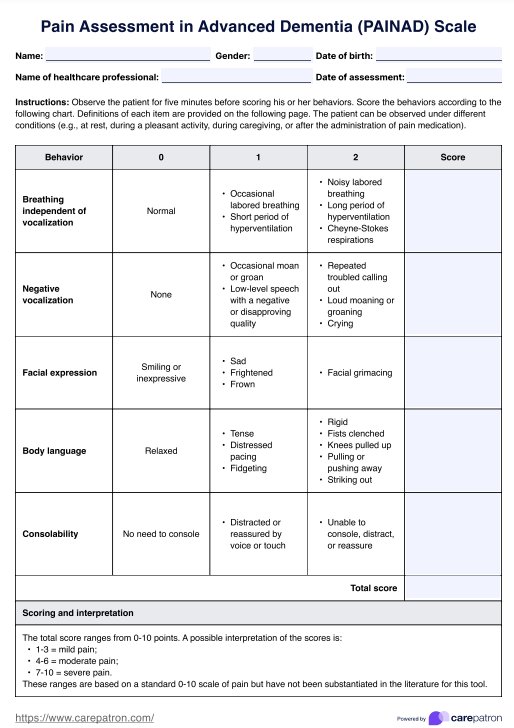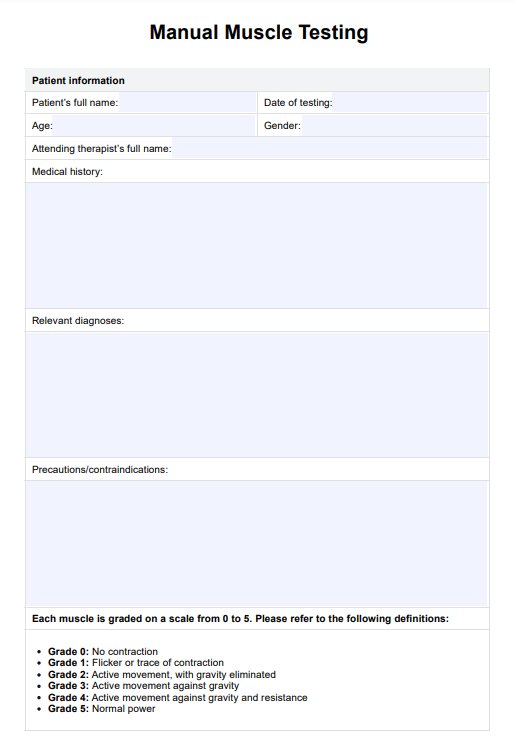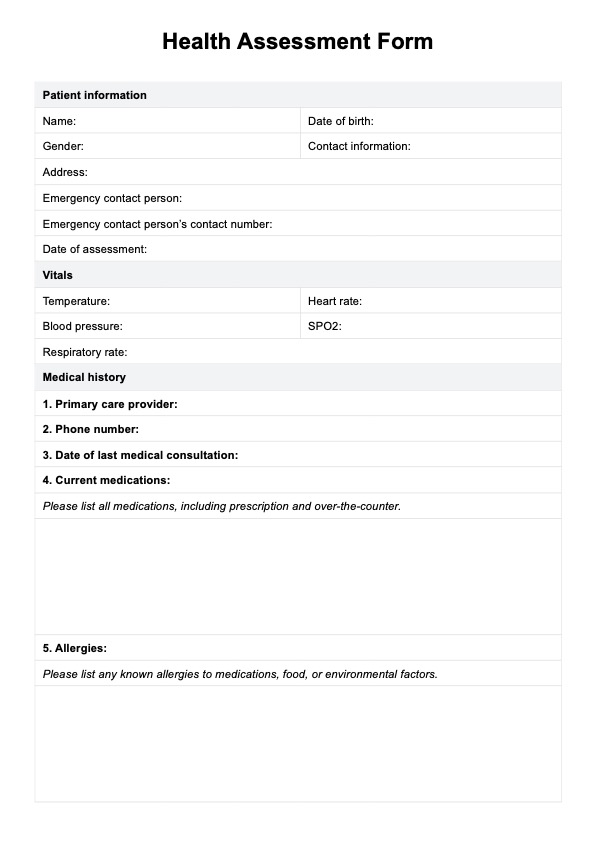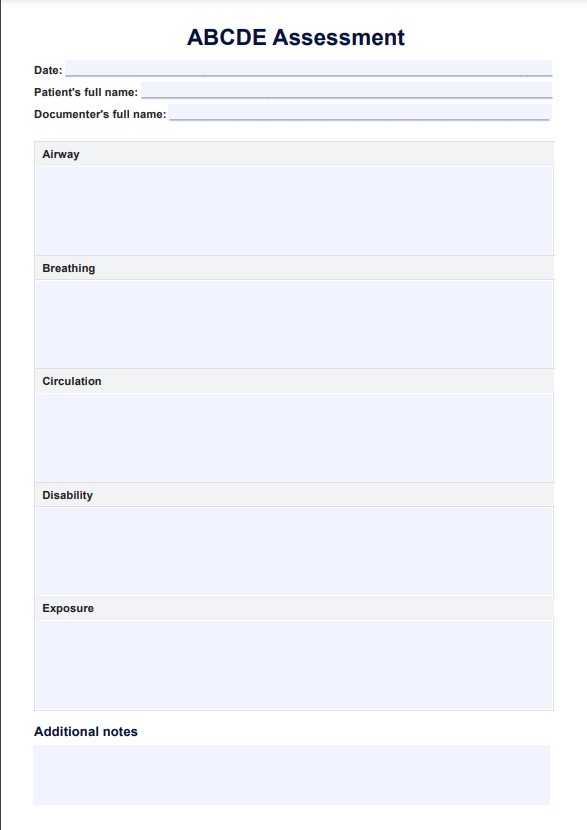Living Will Form
Discover how to navigate the complexities of a Living Will Form. Our guide offers step-by-step instructions and valuable insights.


What is a Living Will Form?
A Living Will Form, also known as an advance directive, is a legally binding document that outlines an individual's preferences for medical treatment should they become unable to communicate their wishes due to severe illness, injury, or incapacitation. It is an essential tool within the broader context of healthcare and estate planning.
The Living Will Form encompasses various aspects of end-of-life care and medical treatment, including but not limited to decisions about life-sustaining treatments, resuscitation, artificial nutrition, hydration, and pain management. Its primary purpose is to ensure that healthcare providers and family members understand and comply with an individual's unique values and beliefs regarding medical care.
Unlike a Last Will and Testament, which distributes personal property upon death, a Living Will deals exclusively with the medical treatment one wishes to receive or avoid. The document becomes effective under specific conditions defined within the Living Will, such as terminal illness or permanent unconsciousness.
The is a statement of preferences and a proactive measure to prevent potential disputes and ethical dilemmas that may arise within a medical setting. Providing clear directives plays a crucial role in patient autonomy and respectfully handling sensitive medical scenarios.
Living Will Form Template
Living Will Form Example
How does it work?
A living will form is filled out by competent individuals who wish to articulate their healthcare decisions in advance. It's vital to ensure personal autonomy and may require consultation with healthcare and legal professionals to reflect one's desires accurately.
Creating and implementing a Living Will Form is a deliberate process that requires careful consideration of one's beliefs, values, and medical circumstances. Here's how it generally works:
Step 1: Consult with Professionals
Engage with healthcare providers and legal experts to understand your medical options and the legal requirements for your jurisdiction.
Step 2: Assess Medical Preferences
Detail your specific desires regarding various medical scenarios, including life-prolonging treatments, resuscitation, mechanical ventilation, artificial nutrition, hydration, and pain management.
Step 3: Find a Suitable Living Will Form
Use a printable living will form or a free living will form that aligns with your jurisdiction's regulations.
Step 4: Complete the Form with Precision
Fill out the form, considering each aspect of care and clearly articulating your preferences. This may include specifying treatments, defining conditions under which the Living Will should take effect, and detailing any religious or personal beliefs influencing your decisions.
Step 5: Designate a Healthcare Proxy (if applicable)
This person will act on your behalf if you cannot communicate your wishes.
Step 6: Have Witnesses or Notary (if required)
Depending on your jurisdiction, have the document witnessed and/or notarized to fulfill legal requirements.
Step 7: Distribute Copies
Share copies with healthcare providers, family members, or anyone involved in your care. Keeping it accessible ensures that it will be used when necessary.
Step 8: Review and Update Periodically
Medical preferences and life circumstances may change. Regularly review your Living Will to ensure it remains accurate and reflects your current wishes. Amend or revoke it as necessary.
Following these steps, a Living Will Form can be a practical guide for healthcare providers and loved ones, ensuring that one's medical care aligns with their wishes, values, and beliefs.
Benefits
A Living Will Form, whether printable or obtained through a free living will form provider, comes with numerous advantages beyond mere legal compliance. It's a vital document that can significantly influence both the quality of end-of-life care and the experiences of loved ones.
1. Autonomy
Ensuring personal control over healthcare decisions, a living will form individuals to have their voice heard, even if they cannot communicate.
2. Clarity for Medical Staff
Healthcare providers often face critical decisions in intense situations. A living will form clear directives, minimizing uncertainty and aligning care with a patient's values.
3. Family Harmony
By articulating preferences, a living will form helps prevent conflicts among family members regarding treatment decisions, fostering unity and understanding during emotionally charged times.
4. Legal Security
Offering a legally binding framework, a living will form ensures your wishes are honored, protecting against unwanted medical interventions or potential legal disputes.
5. Ease of Access
The availability of printable and free living will forms makes the process more accessible and user-friendly. It democratically allows more people to take control of their healthcare decisions.
6. Emotional Comfort
Creating a living will form provides peace of mind, knowing that your values and preferences are documented. It’s a thoughtful gesture that eases the burden on family and ensures alignment with your life's philosophy.
These benefits collectively contribute to making the Living Will Form an essential tool for anyone looking to take control of their medical destiny. The sense of empowerment, security, and alignment with personal values from a well-crafted living will is an invaluable aspect of modern healthcare planning.
Research & Evidence
Living Wills, or advance directives, became prominent in the legal and medical discourse during the latter half of the 20th century. The rise of complex medical interventions that could prolong life but often with a diminished quality led to a need for individual control over end-of-life decisions.
Research Insights:
- Patient Autonomy: Studies have consistently shown that Living Wills empower individuals to maintain control over their healthcare, even when they cannot communicate. This aligns with broader principles of autonomy and dignity in healthcare.
- Medical Compliance: Research indicates that medical professionals are more likely to comply with a patient's wishes if those wishes are clearly stated in a living will form.
- Family Dynamics: According to several surveys and studies, families of individuals with a Living Will have reported reduced stress and conflict around medical decisions.
Legal Perspective:
Courts worldwide have upheld Living Will Forms' validity when properly executed. The legal system recognizes the importance of self-determination in healthcare, and Living Will Forms have become a cornerstone of that recognition.
Public Health Considerations:
Public health policies have begun to incorporate Living Wills to ensure patient-centered care. Many jurisdictions now encourage or mandate the discussion of Living Wills during specific healthcare encounters.
The evidence supporting the use of Living Will Forms is robust, spanning legal, ethical, medical, and sociological domains. Living Will Forms's evolution and integration into healthcare reflects a maturing understanding of patient rights, healthcare provider responsibilities, and societal values.
Commonly asked questions
Anyone who wants to ensure their healthcare preferences are known and honored should they become unable to communicate them.
During estate planning, after a significant diagnosis, or when considering future medical care.
They are filled out with the assistance of legal and healthcare professionals, then shared with relevant parties to ensure that healthcare wishes are followed.


